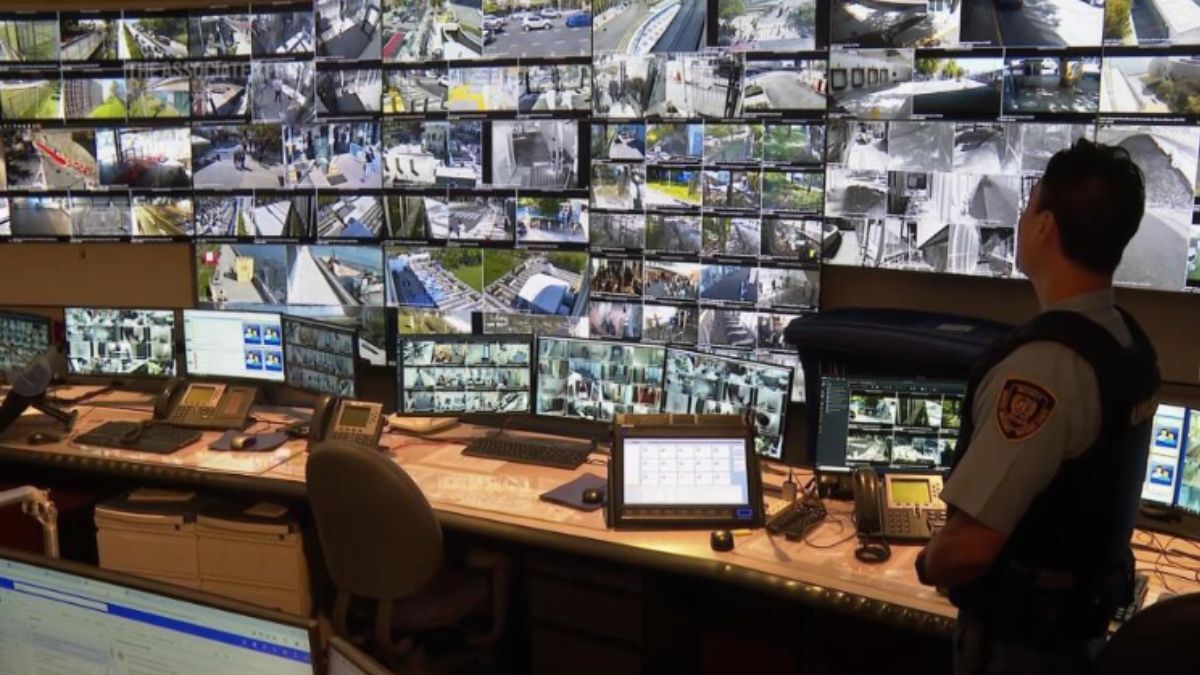The US Secret Service has foiled what appears to be a sophisticated plot for cyber-espionage and communication disruption in New York city at a time when more than 100 heads of state and governments and foreign ministers are in the city for the UN General Assembly’s leaders’ session.
The US Secret Service on Tuesday said that it has foiled what appears to be a sophisticated plot for cyber-espionage and disruption of mobile networks in New York at a time when more than 100 heads of state and governments and foreign ministers are in the city for the UN General Assembly’s leaders’ session.
In a statement, the Secret Service said that the agency recovered more than 300 co-located SIM servers and 100,000 SIM cards across multiple sites in New York tristate area. The agency said that the discovery was made as part of a broader investigation into telecommunications-related against senior US government officials, which represented an imminent threat to the agency’s protective operations.
While no mobile disruption had been made, the network under investigation carried out anonymous telephonic threats, the agency said without specifying.
The Secret Service dismantled a network of more than 300 SIM servers and 100,000 SIM cards in the New York-area that were capable of crippling telecom systems and carrying out anonymous telephonic attacks, disrupting the threat before world leaders arrived for the UN General… pic.twitter.com/sZKUeGqvGY
— U.S. Secret Service (@SecretService) September 23, 2025
The devices that were discovered could be used to conduct a wide range of telecommunications attacks, such as disabling cell phone towers, enabling denial of services attacks, and facilitating anonymous, encrypted communication between potential criminals and terrorists, the Secret Service said.
One official told The New York Times that the network was capable of sending 30 million text messages per minute anonymously. The official added the agency had never before seen such an extensive operation.
In case of a security incident, or any emergency, such a network could have disrupted mobile networks, making 911 emergency service potentially inaccessible to people and compromising emergency and security services response to situations, the newspaper reported.
The Secret Service will continue to investigate and see whether the plot was directed at the United Nations General Assembly (UNGA) gathering, said Matt McCool, the top agent at the Secret Service’s New York field office, as per The Times.
“We will continue working toward identifying those responsible and their intent, including whether their plan was to disrupt the UN General Assembly and communications of government and emergency personnel during the official visit of world leaders in and around New York City,” said McCool.
While officials have not named any group, either state-backed or private, observers have said that such sophistication suggests state-backed espionage was behind this plot.
The operation appeared to be sophisticated and costly and instincts say it would be a case of espionage, Anthony J Ferrante, the global head of the cybersecurity practice at FTI, an international consulting firm, told The Times.
Only a few countries in the world, such as Russia, China, and Israel, can pull off this kind of an operation, James A Lewis, a cybersecurity researcher at the Center for European Policy Analysis, told the newspaper.
End of Article

)
)
